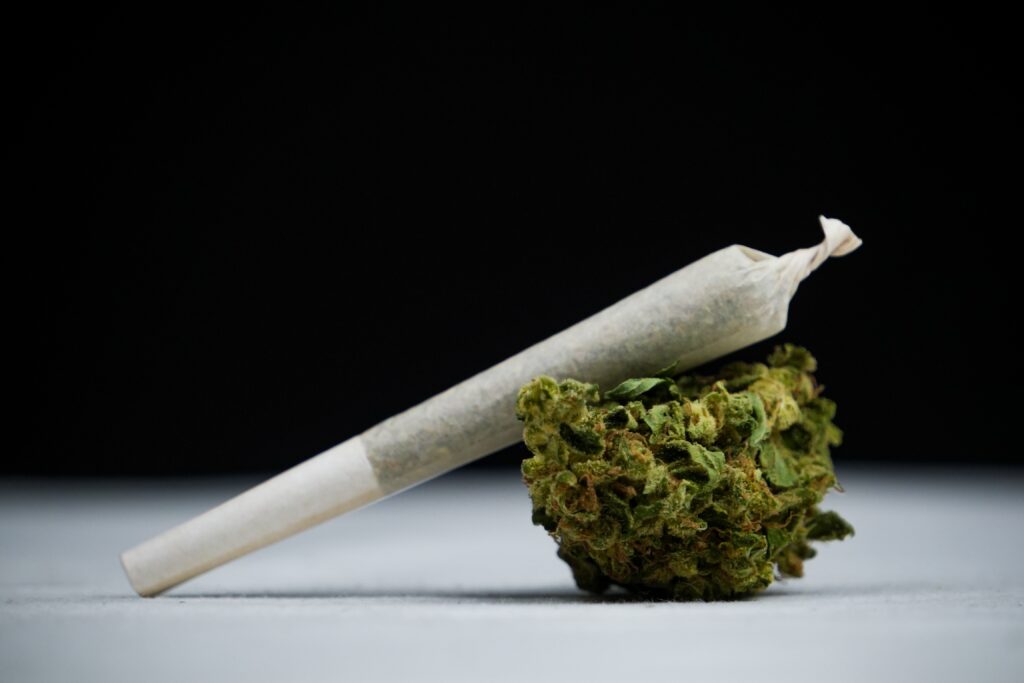How Cannabis Can Affect Your Mental Health
Cannabis is a psychoactive drug that can produce a variety of feelings from happy and relaxed to anxious and paranoid. THC is the primary cannabinoid in cannabis and can affect moods and behavior. Research has correlated cannabis with improved mental health and developing mental health disorders. This generates a paradoxical understanding and invokes some confusion about the therapeutic value of cannabis. The results suggest that many people can benefit from cannabis but those that are underage or have certain mental health diagnosis should refrain from using cannabis or practice extreme caution before consuming it therapeutically.
Pleasant Effects
Many people with mental health conditions benefit from cannabis, including anxiety, stress, post-traumatic stress disorder, and depression. Cannabis is a remedy for many with these conditions and their mental health benefits significantly. It is important to remember that pleasant effects are dose-dependent, meaning that taking an excessive dose can cause unpleasant feelings or even worsen conditions, such as anxiety, and depression. Always practice caution and start slow when using cannabis therapeutically for the first time.
Unpleasant Effects
Consuming too much cannabis can cause those that would otherwise benefit from a smaller dose to feel unpleasant effects, such as paranoia, anxiety, low concentration, and memory loss. Others are extremely sensitive to the effects of cannabis even at a smaller dose and should refrain from using it due to the unpleasant results. It is possible for cannabis to cause paranoia, disorientation, amnesia, and hallucinations in the sensitive at a smaller dose and has been reported among the non-sensitive that consume too much. Cannabis can cause concentration difficulty, reduced motivation, and worsened psychosis in those with schizophrenia, schizoaffective disorder, and bipolar disorder.
Cannabis Consumption and Mental Health Disorders
Research has linked cannabis consumption with schizophrenia and depression but has not resolved the correlation regarding if cannabis use triggers the onset of these conditions in predisposed people or causes them in non-predisposed people. To further confuse the situation, research also shows that mental health disorders can lead to cannabis consumption in adolescents yet cannabis consumption can lead to mental health disorders in adults. Those at risk for mental health disorders or with an existing diagnosis should be extremely cautious about, and should refrain from, cannabis consumption unless approved by a licensed physician.
In Conclusion
Cannabis consumption is paradoxical when it comes to mental health as it works wonders as a cure for many while increasing risk for those predisposed to a mental health disorder. If you are not at risk for a mental health disorder and do not know the effect cannabis will have, it is crucial to practice caution and start with a small dose to invite the pleasant effects. Those at risk for developing a mental health disorder or with an existing diagnosis should not consume cannabis unless recommended by a physician.



